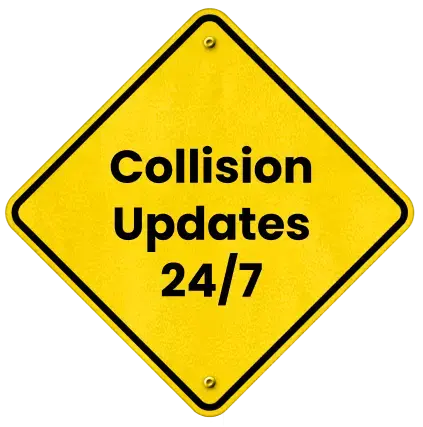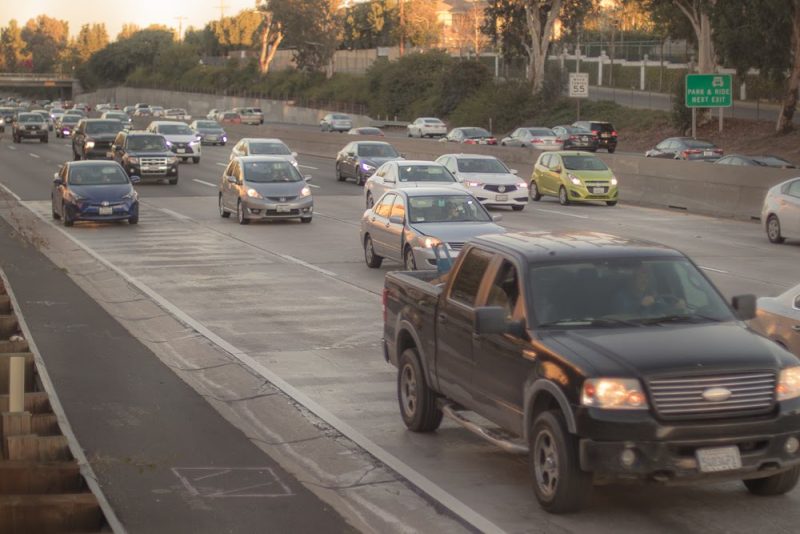
A Parent’s Guide to Teen Driving on I-80


Interstate 80 runs from San Francisco to New Jersey, stretching more than 2,900 miles. It is one of America’s busiest highways. Trucks, commuters, and long-distance travelers all use it daily. For new, young drivers, this creates real challenges. Teens face added risks when navigating high-speed corridors like I-80. Parents play a key role in preparing them.
This guide explains common mistakes and offers practical ways to help your teen drive safely on Interstate 80.
Common Teen Mistakes on High-Speed Corridors
Teen driving safety on I-80 is a serious concern,  especially when it comes to speeding and misjudging distances. Many teens fail to recognize how quickly highway traffic moves and do not adjust their speed for weather or traffic conditions.
especially when it comes to speeding and misjudging distances. Many teens fail to recognize how quickly highway traffic moves and do not adjust their speed for weather or traffic conditions.
Misjudging gaps while merging or passing is also a common mistake. At 65 miles per hour, even a small error can lead to major consequences. Parents should remind their teens that speeding not only reduces reaction time but also increases the severity of crashes.
Distracted driving is another major cause of teen crashes on I-80. Phones, GPS systems, and music players take a driver’s eyes off the road, while passengers add noise and pressure.
At highway speeds, glancing away for just two seconds means traveling the length of a football field without watching traffic. Parents should make distraction-free driving a strict family rule to reduce these highway crash risks.
Improper lane use also puts teen drivers at risk. Many teens drift between lanes, fail to check blind spots, or block passing lanes by driving too slowly. Unsafe lane changes without signaling are another dangerous behavior. Teaching lane discipline and safe merging practices are essential safe driving tips for teens.
Tailgating is especially dangerous on I-80. Teens often underestimate how much space is required at highway speeds and follow too closely behind other vehicles. Sudden braking can easily trigger chain-reaction crashes. Parents should emphasize the importance of maintaining at least three seconds of following distance as a minimum safety standard.
Fatigue and night driving add even more risks. Teens may drive long stretches without rest, and drowsiness slows reaction times while reducing awareness. Night driving creates additional hazards, such as headlight glare and poor visibility. Parents should encourage frequent breaks and limit late-night trips until teens gain more highway driving experience.
Weather-related mistakes are also common for young drivers on I-80, which passes through regions with snow, ice, rain, and fog. Many teens fail to slow down when conditions worsen and may overcorrect after losing traction, causing spinouts. Practicing safe driving in poor weather with a parent before going out alone can greatly reduce the risk of weather-related accidents.
By understanding these risks and focusing on safer driving habits, parents and teens can work together to make I-80 travel much safer. Enforcing good driving practices and stressing the importance of preparation will help reduce teen crash risks and keep everyone on the road safer.
Preparing Teens for Driving on I-80
Helping teens become safe drivers on I-80 is one of the most important responsibilities parents face. With heavy traffic, changing weather, and high speeds, highway driving requires skills that go beyond what most teens learn on city streets. Parents play a crucial role in building these skills and preparing their teens for safe travel.
The best way to start is with guided practice. Short highway drives help teens gain confidence before tackling longer trips. Parents should sit in the passenger seat, provide calm coaching, and encourage small improvements each time. Consistent practice gradually builds the experience needed for safe driving on I-80.
Defensive driving is essential on busy interstates. Teens must learn to scan mirrors often, watch several cars ahead for sudden changes, and maintain a safe following distance. Leaving extra space around their vehicle gives them more time to react and helps prevent chain-reaction crashes.
Distractions remain one of the top causes of teen crashes. Parents should set firm rules about avoiding phones, limiting passengers, and preparing GPS or music before driving.
Preparation also means knowing how to handle emergencies. Teens should be taught to move to the shoulder quickly, turn on hazard lights, and stay inside the vehicle until help arrives. An emergency kit with water, jumper cables, a flashlight, and first aid supplies can provide peace of mind during breakdowns.
Finally, parents should discuss legal responsibilities. Driving laws along I-80 are strictly enforced, and violations can bring tickets or even license suspensions. Insurance costs also rise with teen drivers, making it important to review policies and ensure adequate coverage.
By putting the focus on training, defensive habits, and preparation, parents can help teens navigate I-80 safely and confidently. These lessons not only reduce crash risks but also create lifelong safe driving practices.
Parent-to-Teen Communication Tips
Open communication keeps your teen safer. Encourage them to share concerns about driving. If they make mistakes, talk about what happened without harsh judgment. Set expectations for curfews and highway driving. You can also require check-ins during long trips. Teens will model what they see. If parents drive aggressively, teens may copy that behavior. Setting a positive example can help create better drivers.
Why Extra Preparation Matters on I-80
I-80 sees heavy truck traffic, unpredictable weather, and long stretches between exits. For teens, these factors raise stress and risk. That is why preparation improves safety and confidence. Teaching defensive driving, limiting distractions, and discussing legal issues all matter. Parents who stay engaged help teens make better choices.
Accidents on I-80 affect more than the driver. Crashes cause long delays, create hazards for others, and sometimes result in tragic injuries. Families can reduce these risks through training, communication, and planning.
Contact an I-80 Accident Attorney
If your teen has been involved in a crash on I-80, you do not have to face the legal and financial challenges alone. An experienced I-80 car accident lawyer can help protect your family’s rights, handle insurance disputes, and pursue the compensation you deserve.
